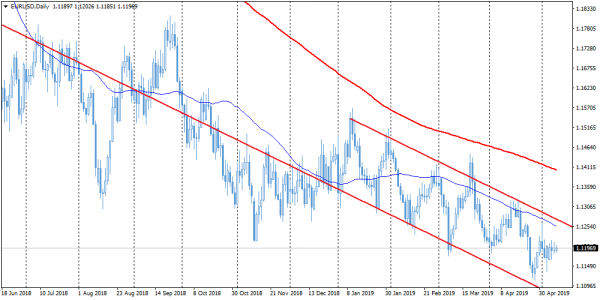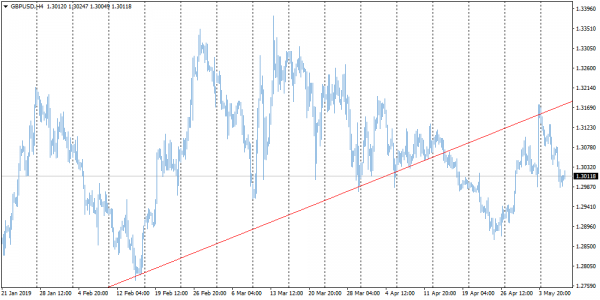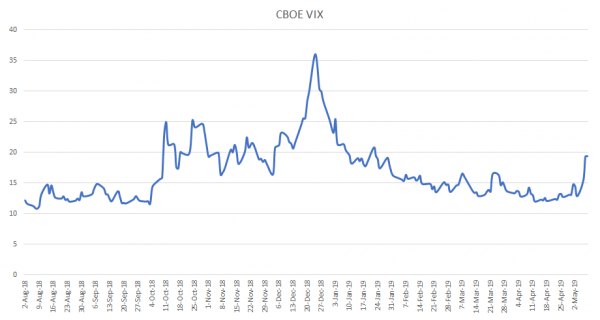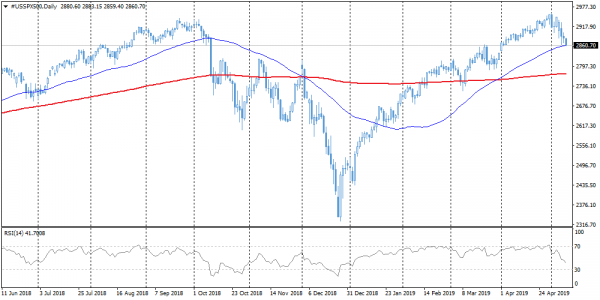The increase in tariffs for Chinese goods from the United States is considered by the markets as an almost inevitable fact as new details become available. As was to be expected, the parties turned out to be very uncompromising negotiators. The US says that China does not want to change the laws of the country to make a deal, and China, in turn, assures that the American side simply dictates its terms, leaving no room for compromise.
Even more dangerous: the endless trade negotiations clearly indicate an important change in the world order. After the Second World War, there was a consensus that free trade was a boon for all, and the world gradually removed barriers. But over the past few years, it seems that politicians have questioned this axiom for economists. Politicians uncompromisingly defend the interests of their countries. And the language of the economy becomes a relic of the past. And it makes us remember that this approach in the early 20th century ended in devastating world wars and the Great Economic Depression.
On the part of the markets, the deal is more needed by China, and its indices and currency are under serious pressure during this week. Nevertheless, in the longer term, the weakening of China’s growth is an equally significant problem for the United States itself, since this development of the situation risks turning into an accumulation of dangerous imbalances in the financial system.
Stocks
Shanghai China A50 has lost more than 8% since the beginning of the week, while the yuan has fallen by 1.4%. Very often, a currency decline is favourable for exporters, supporting indices. But this time we see a demand drop for Chinese assets due to fears of a significant drop in demand for Chinese goods due to fees. The US S&P 500 fell to monthly lows at 2860, having lost 3.2% since the beginning of the month. Index futures are now dangerously close to the 50-day moving average. A fall below may trigger a new short-term wave of pressure. It is too early to talk about the inevitability of further decline. On Wednesday, the VIX index remained close to Thursday levels, that is, the moods are still stable.
EURUSD
The eighth trading session in a row the pair crosses 1.1200 in both directions. Traders with the euro are still trying to ignore the worsening prospects for a trade deal with China, a decline in the pound and problems in Turkey. Last year, individually, each of these factors caused a noticeable weakening of the single currency. Apparently, at this moment, the euro receives support from a more positive, than forecasted, macro-statistics. But nevertheless, it is necessary to maintain caution, because Europe is still vulnerable to external shocks in the form of demand from China, thus, it is at any time able to tip the scales against the euro
GBPUSD
The British pound offset all its growth gained at the end of last week and returned to 1.30 per dollar. The initial growth was driven by hopes of a May deal with Labour’s leader regarding Brexit terms. However, during the week these hopes faded. Moreover, there was news about the possible failure of these negotiations


